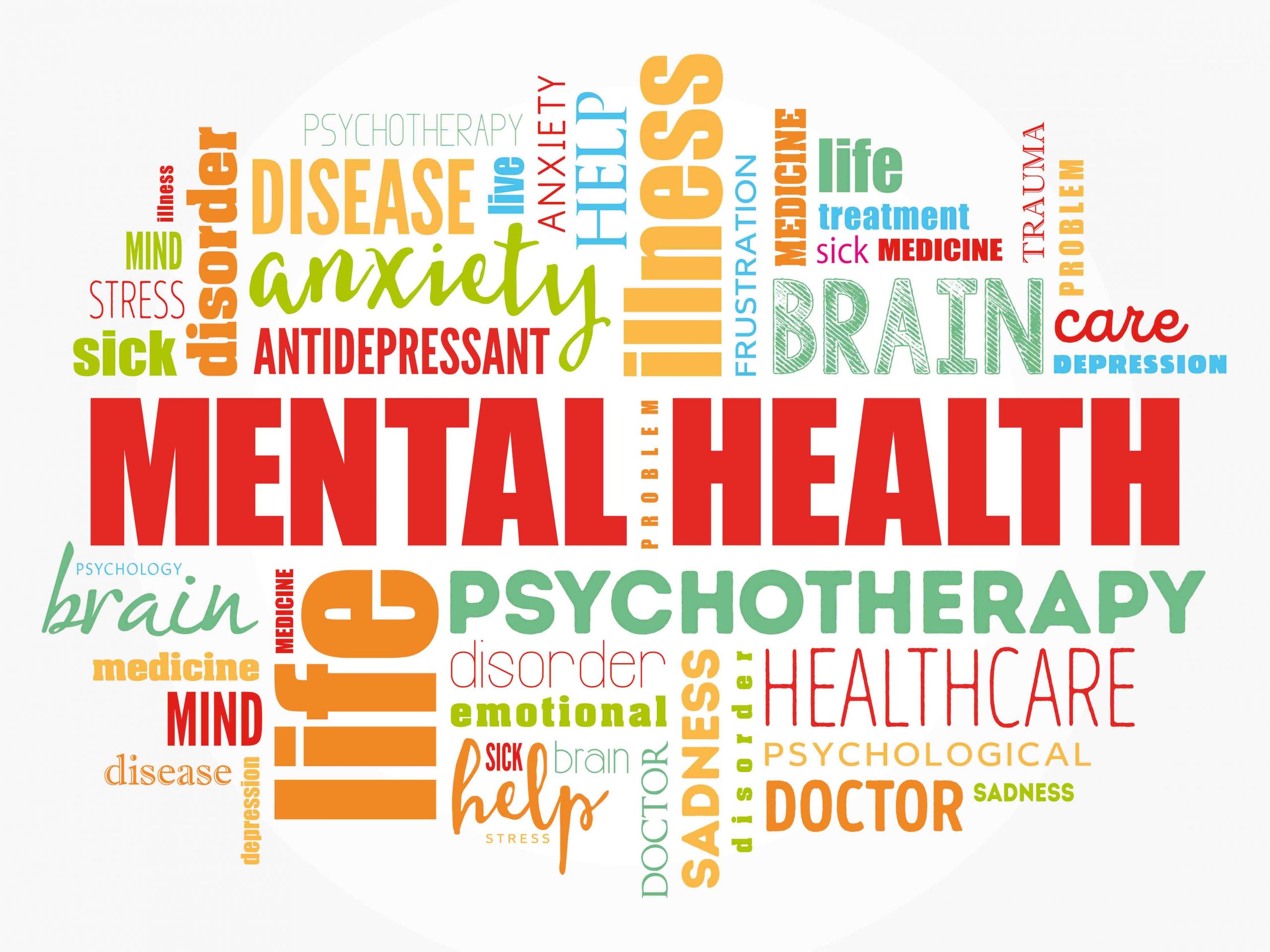
The month of October has been declared Mental Health Awareness Month with the objective of not only educating the public about mental health but also to reduce the stigma and discrimination that people with mental illness are often subjected to.
Mental health problems, such as depression, anxiety, substance abuse and job stress are common, affecting individuals, their families and co-workers, and the broader community. In addition, they have a direct impact on workplaces through increased absenteeism, reduced productivity, and increased costs. Very few South Africans seek treatment for their mental disorders. Mental illness can be treated at your nearest clinic, hospital or healthcare provider.
Mental health problems are the result of a complex interplay between biological, psychological, social and environmental factors. There is increasing evidence that both the content and context of work can play a role in the development of mental health problems in the workplace.
Key factors include:
- workload (both excessive and insufficient work)
- lack of participation and control in the workplace
- monotonous or unpleasant tasks
- role ambiguity or conflict
- lack of recognition at work
- inequity
- poor interpersonal relationships
- poor working conditions
- poor leadership and communication
- conflicting home and work demand.
Whilst the workplace can contribute positively to a person’s mental health, it may also exacerbate an existing problem, or may contribute to the development of a mental health problem. Employers should put in place programmes to promote the mental health of workers, and to ensure that mental health problems are recognised early and treated effectively.
Mental illness can be treated and prevented. If you suspect a mental illness, visit your nearest clinic or doctor.
An estimated 400 million people worldwide suffer from mental or neurological disorders or from psychosocial problems.
Like physical disorders mental and brain disorders vary in severity. There are those that are:
- Transient (like an acute stress disorder)
- Periodic (like bipolar disorder, characterized by periods of exaggerated elation followed by periods of depression)
- Long-lasting and progressive (like Alzheimer’s disease)
Other conditions include:
- Schizophrenia
- Dementia
- Depressive disorder
- Obsessive compulsive disorder
- Panic disorder
- Post-traumatic stress disorder
https://www.gov.za/MentalHealthAwarenessMonth2022
